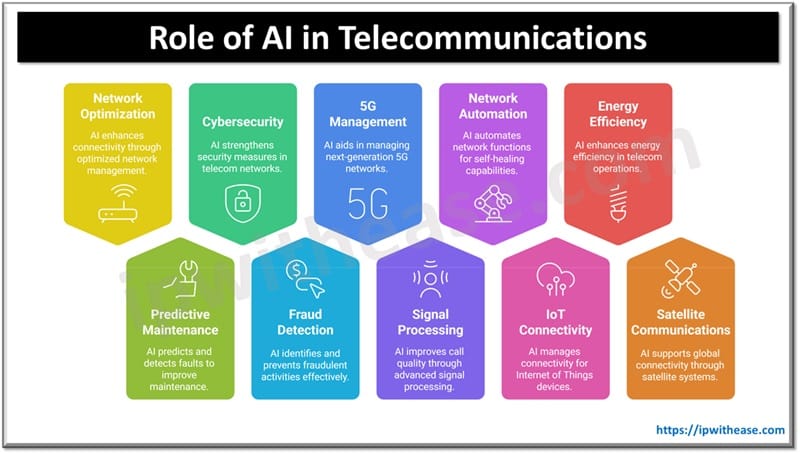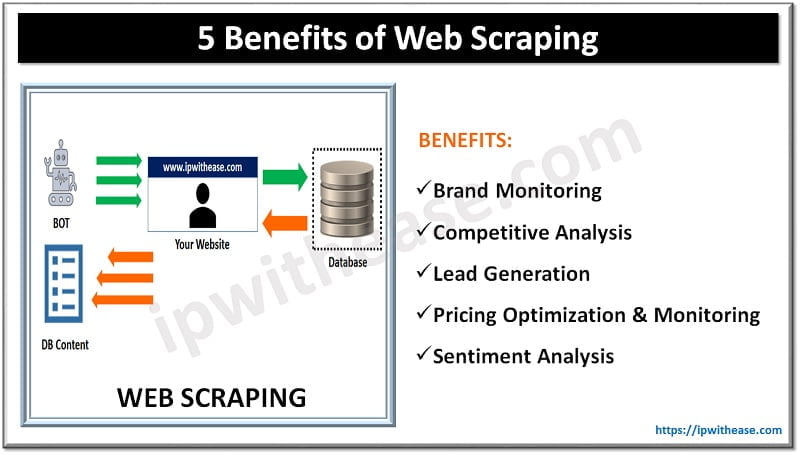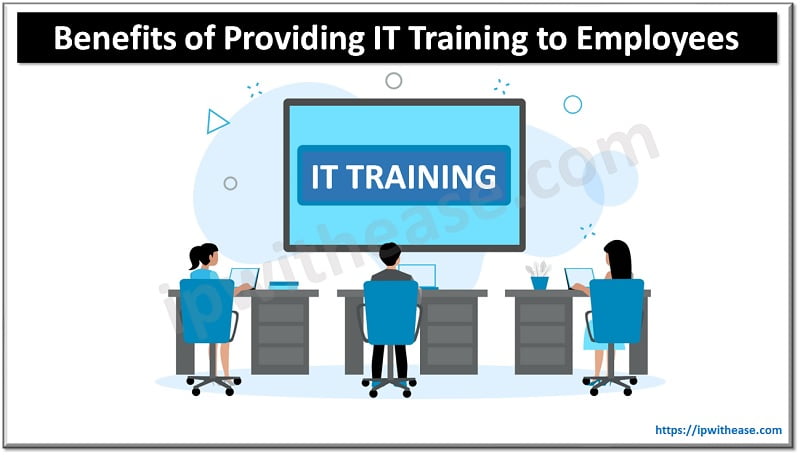Very often, projects do not succeed precisely because of the wrong choice of partner. Such a mistake can be unpleasant not only for your wallet but also for your reputation. Today we are going to talk about how to choose a software development company that will meet your business requirements and help your company achieve excellent results.
Before You Begin: Set Your Expectations
This is an essential step one should definitely take before looking for a partner. The point is that if you can’t define your business goals, you won’t understand what task the finished product will have to solve, what budget will be needed for its creation, and what skills will be required from developers in general.
So, you need to answer the following questions for yourself before considering and comparing software product development companies:
- What kind of app do you want to create (web or mobile)?
- Do you want to build a team from scratch or just expand an existing one?
- If you already have your own team, what kind of specialists do you want to add to it? What skills should they have?
- How much work is needed to fulfill your business needs (timeframe for post-support of the application)?
- What is your budget?
Where to Find a Software Development Company
The easiest option is to ask questions of your acquaintances who have already used the services of such a company. They will be able to give you an objective assessment based on their previous projects and tell you all the details of the development process so you can make an informed decision.
If you don’t have such acquaintances, you can go the other way:
- Look at the ratings of IT software development companies on different websites.
- Check the Clutch, Goodfirms, The Manifest, and Design Rush lists.
- Check LinkedIn.
If you don’t want to waste your time searching, we recommend working with a good software development company that employs professionals who will help you complete the project well and advise you on the best ways to solve this or that task.
If you still have doubts about your team and whether you should move to a software development company website, look at the statistics. According to Statista, more and more company owners are spending money on outsourcing projects, which makes sense.
Key Considerations in Choosing a Software Development Company
If you are interested in a universal solution, we hasten to disappoint you: it does not exist, as all projects are individual. However, a few things are essential when choosing any software development team. Let’s take a closer look at them.
Expertise Measurement
If you have several options, be sure to look at past projects. The best choice for you will be teams that have experience with applications similar to yours. You should also pay attention to user experience. Study reviews to get the complete picture.
Technology Stack
You may be surprised, but the principle of “the less, the better” is at work here. It is elementary: to be considered an expert in a particular field, a company, or a specialist needs many years of experience. Accordingly, if a team constantly deals with different applications with nothing in common, it will not have deep knowledge.
Process and Communication Routine
You should definitely pay attention to this point because, without proper organization and project management, no company will be able to perform tasks well. Accelerating the integration of your external development team right from the outset becomes a swifter process and more economically advantageous when both parties can openly communicate their expectations. Clarifying their needs from you and your requirements of them sets a solid foundation for good collaboration.
Similar Sized Company Rule
This is an uncommon tip; however, it really works! Choose a partner company that is no larger than you are. Otherwise, you won’t feel like a VIP client, only sometimes ready to meet your needs. If, after you have learned what is a software development company, you decide to choose a small organization, it may not be able to cope with the scale of work you need.
Partner Chemistry and Compatibility
There are no pitfalls here, either. If you and your partner have chemistry, work issues will be solved much easier and faster, and communication will also improve. If there is none, it will be challenging to work, even if your partner has severe technical expertise.
Frequent Deployment
The team should be eager to show you their progress as soon as possible. The company should not drag everything out on the last day if the work is on a sprint. Including weekly demonstrations in our development process wields significant sway over the progress’s quality and pace.
Understanding of Your Business
That your partner should be tailored to the specifics of your business is undeniable. How do you make sure? For example, they can offer cross-functional teams with Business Analysts and Tech Advisors. You can also immediately gauge engagement by how the team is performing.
Geographical Considerations
You definitely don’t want a team that can only write code because you want to get questions answered and consultations. That’s why you need specialists who can communicate in English. Also, think about the time zone. If there is a big time difference between you and the company, you may experience inconveniences in your work.
Flexibility in Contracts
If you lack precise mockups, detailed specifications, user stories, a comprehensive project plan, and a well-documented product, it’s advisable to avoid opting for a fixed-price model. Opting for a fixed-price contract often involves software development companies adding a 25% or higher margin to account for the uncertainty surrounding the project’s exact scope.
Avoiding Demonetization
In the absence of robust security measures, a company’s stability can be significantly jeopardized. If your service provider fails to grant you ownership rights to the project, you’ll encounter obstacles when trying to monetize or further develop it. It is advisable to establish your own contractual agreement or request the software development agency to furnish one for your evaluation, allowing you to consult with your legal team for a thorough assessment.
Recognizing Red Flags in Outsourcing Partners
We’re talking about your project and success, so it pays to be careful. When making your choice, pay attention to such red flags:
- Too low prices. They may indicate low quality of work or lack of qualification of specialists. What often happens is that if you choose the cheapest quote, the final price will be higher than the companies that charge more. This is because you will have to spend a lot of money to fix the mistakes.
- Poor quality website. A software development company cannot show potential clients a lousy website.
- Lack of portfolio. You may be dealing with newcomers, and it is worth giving them a chance. If not, the lack of a portfolio indicates the absence of successful cases.
- Bad reviews. No comment: if a company has done a lousy job and ex-clients leave negative reviews about it, it will do your project just as severely.
Additional Factors to Take Into Account
There are other essential factors to consider. They are also significant if you want to succeed. Let’s talk about them below.
Preferred Pricing Model (Fixed Price vs. Time & Materials)
Within the fixed-price framework, typically aligned with Waterfall, it’s imperative that all business and product decisions, alongside the scope of work, are conclusively determined, declared, and formalized prior to project initiation. Conversely, the time & materials model, frequently in tandem with the Agile methodology, calculate project costs based on the actual time invested and an hourly or daily rate.
Flexibility of Scope
If it is a fixed price, the flexibility will be low. The budget and requirements are determined before development begins. Accordingly, the opposite is true in the time and materials option.
Speed of Launching a Product
In the fixed price methodology, everything depends on the project’s scope and the ToR’s quality. If everything is agreed upon and executed at the highest level, the process will be fast; otherwise, it may take longer. For time & materials, there is no such distinction.
Product-to-Market Fit
The value may be discovered during development if time and materials are involved. With a fixed price, things are more straightforward: it’s all about product-market fit.
Cost Analysis
It is understood that the fixed price is determined in advance. The second approach does not assume this. In some cases, the work may cost more or vice versa. At the same time, the profitability may also be more significant.
Location Options
You can choose an offshore, onshore, nearshore, or hybrid model. Evaluate their advantages and disadvantages, and then you can decide based on your goals and needs.
Continue Reading:
Top 5 Software Development Tools
What is the difference between Sandbox & Development Environment?
ABOUT THE AUTHOR
IPwithease is aimed at sharing knowledge across varied domains like Network, Security, Virtualization, Software, Wireless, etc.



